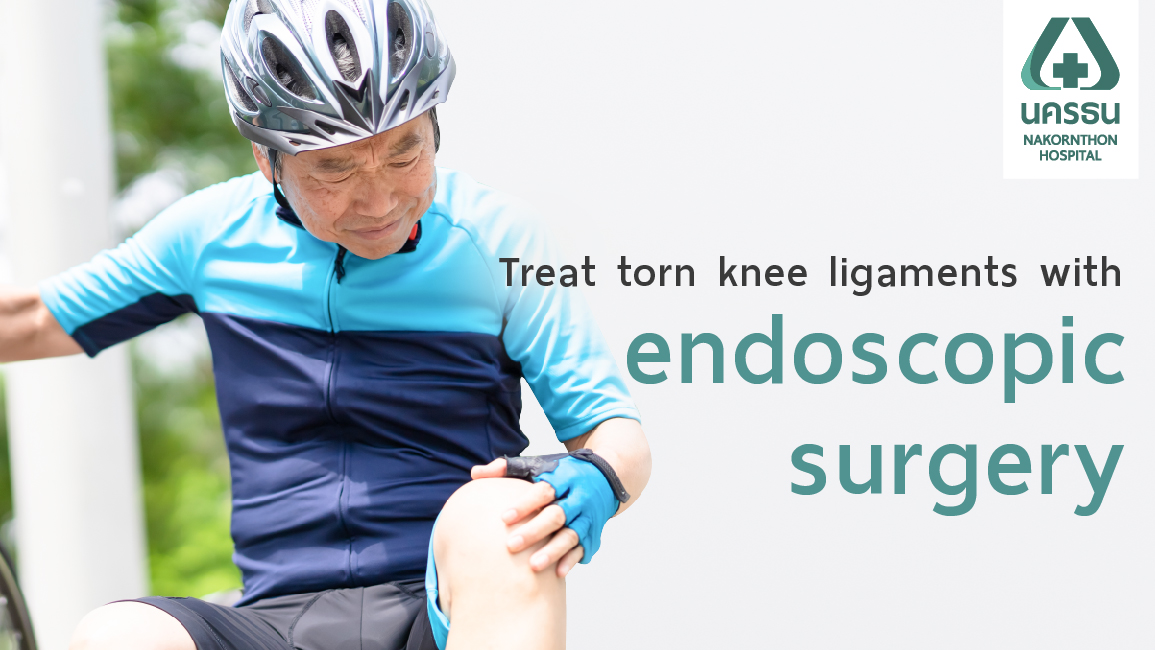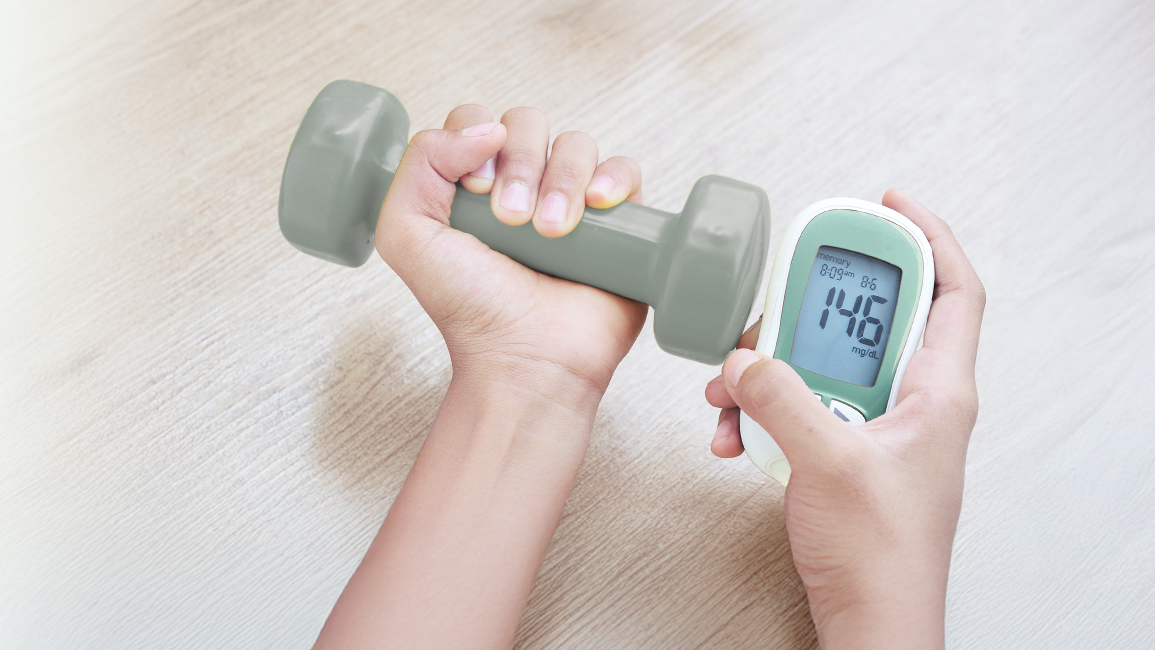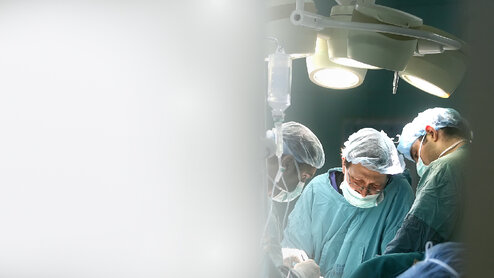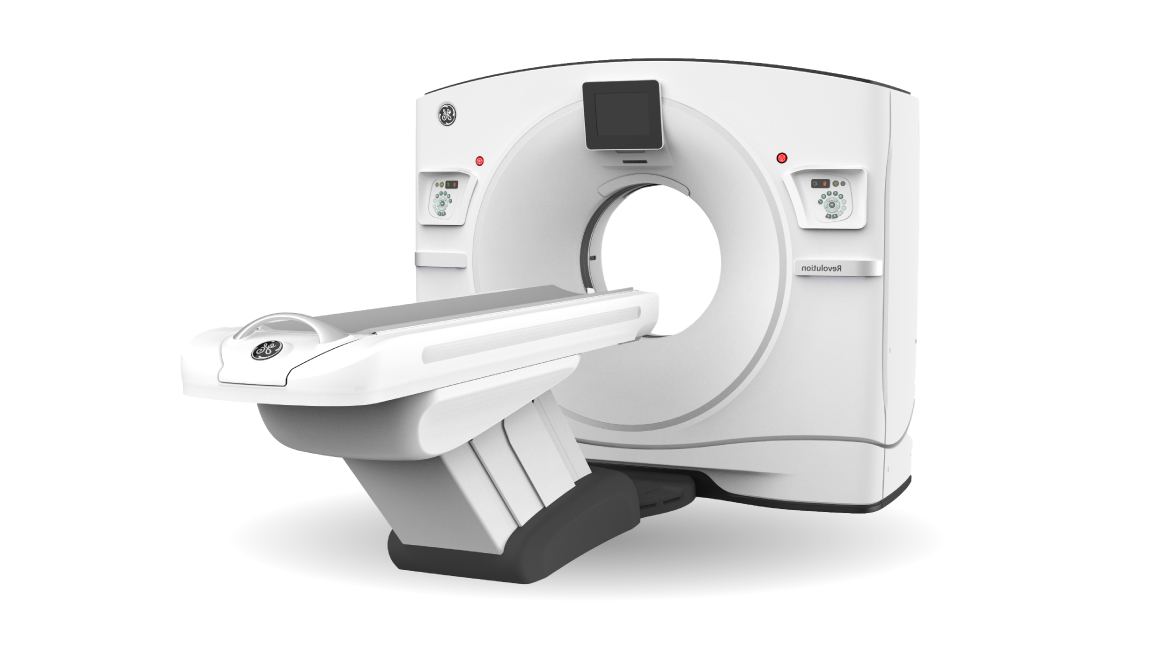Anterior Cruciate Ligament (ACL) Tears: Sport Injuries Treated with Arthroscopic Surgery
Center : Orthopedics Center

ACL tears, also known as anterior cruciate ligament tears, are common sport injuries that often occur during strenuous activities such as football, volleyball, basketball, and marathon running. While these injuries might seem to subside with rest, they can worsen upon resuming physical activity, leading to swelling, pain, difficulty walking, and knee inflammation. Without proper treatment, individuals may struggle to return to their previous level of sports performance or daily activities. These injuries frequently require treatment with arthroscopic knee surgery.
Effective Treatment for ACL Tears at Nakornthon Hospital
For effective treatment of ACL tears and restoring knee function, Nakornthon Hospital's Bone and Joint Center offers specialized arthroscopic surgery performed by a team of experienced surgeons. This minimally invasive procedure yields positive results with minimal pain and a fast recovery, allowing patients to resume their normal activities promptly. Below are the details of arthroscopic surgery treatment:
Contents
Understanding ACL Tears
The anterior cruciate ligament (ACL) is a vital structure within the knee joint, connecting the femur bone to the tibia bone. Its primary function is to stabilize the knee, controlling its movement and preventing excessive extension that could potentially damage the muscles and knee skin. ACL tears are prevalent in sports injuries due to sudden twisting or hyperextension of the knee, leading to symptoms such as swelling, internal knee pain, and increased susceptibility to knee instability and wear.
Causes of ACL Tears
ACL tears are a common sport injury, especially among athletes engaged in sports that involve sudden pivoting or twisting motions. These tears result from the ligament being stretched beyond its limits or torn due to forceful impact. They are frequently encountered in various sports activities, particularly those that entail physical contact, such as football, volleyball, basketball, and even during routine activities like stair climbing or accidental falls. Any activity that puts undue stress on the knee joint can potentially lead to an ACL tear.

Symptoms of ACL Tears
- Feeling of instability in the knee
- Inability to use the knee
- Immediate swelling
- Severe pain
While some individuals experience gradual improvement in symptoms like pain, swelling, and inflammation, returning to sports or activities may trigger a recurrence of instability and discomfort in the knee, increasing the risk of further injury such as meniscal tears. This can lead to difficulty bending the knee and persistent pain around the joint.
Treatment of ACL Tears
In general, patients with ACL tears can usually continue with their daily activities, but they may experience knee instability, especially during activities involving twisting or pivoting motions. Importantly, individuals with ACL tears are at risk of further injury such as meniscal tears and cartilage damage, which could lead to premature knee arthritis. Treatment options typically fall into two categories:
- Non-Surgical Treatment: Suitable for elderly patients or those who do not engage in activities that heavily stress the knee joint.
- Surgical Treatment: Often recommended for younger patients who wish to return to their previous level of activity, particularly sports.
Arthroscopic Surgery for Treating ACL Tears
One effective treatment for ACL tears involves arthroscopic surgery, where the damaged ligament is repaired or reconstructed using minimally invasive techniques. Typically, a tendon graft from either the patellar tendon or the hamstring tendon is used for reconstruction. Arthroscopic surgery offers several advantages, including smaller incisions for inserting surgical instruments and a camera to visualize the joint. This allows for precise surgical maneuvers and clear visualization of the affected area. Patients undergoing arthroscopic ACL surgery experience minimal post-operative pain, shorter recovery times, and reduced risk of infection compared to traditional open surgeries.
Pain Management Techniques After Surgery
Following arthroscopic ACL surgery, patients experience minimal post-operative pain due to effective pain management strategies. Peripheral nerve blocks are commonly employed to block pain signals to the brain. This involves injecting pain-relieving medication around the peripheral nerves using ultrasound guidance. By inhibiting nerve signals, patients experience significant pain relief, enabling a smoother recovery process.
Returning to Sports After ACL Surgery
Typically, after ACL surgery, patients follow a structured rehabilitation timeline:
- 1 Month Post-Surgery: Patients will usually need crutches and a knee brace for support.
- 3 Months Post-Surgery: Patients can start walking more quickly and independently.
- 6-9 Months Post-Surgery: Patients will undergo sports-specific physical therapy tailored to their respective sports.
- Approximately 1 Year Post-Surgery: Patients can generally return to sports activities, though this depends on individual progress and the specifics of each case.
It's crucial for patients with ACL tears to undergo both surgery and at least six months of physical therapy. Untreated ACL tears can lead to early knee degeneration, making timely treatment essential for long-term joint health and a successful return to sports.
If you or someone you know is experiencing ACL-related issues and requires further assistance or consultation, feel free to reach out to the Orthopedics Center at Nakornthon Hospital. Our team of specialized physicians is dedicated to providing expert guidance and support to address your concerns. You can contact us for more information through the provided link.
Free Online Consultation
Article of Orthopedics Center
High-Speed CT scan 443 Slices: Precision, Speed, and Reduced Radiation Exposure





